|
For decades the countries that share the river Nile’s waters have quarrelled over how to share the precious resource. These tensions have reached a peak because of a dam Ethiopia has built on one of the river’s major tributaries. Ethiopian Prime Minister, Abiy Ahmed, has now asked South African President Cyril Ramaphosa to intervene in the ongoing dispute with Egypt and Sudan. But, these tensions could get worse in the future. Ethan D. Coffel and Justin S. Mankin reveal that devastating hot and dry spells are projected to become more frequent in the Upper Nile Basin. By 2040 these would leave more than 80 million people without enough water to function in their daily lives.
For the Ugandans who survived a landslide and were relocated to a faraway camp where they didn’t speak the local language, music became the most effective mode of communication. It was used both to entertain as well as to pass on specific messages – some so sensitive that they couldn’t be comfortably conveyed through speech. Dominic D.B. Makwa explains.
|
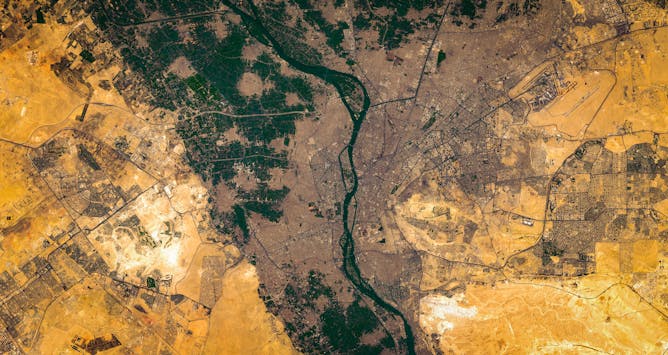
High resolution satellite image of the Nile River’s delta.
Shutterstock/TommoT
Ethan D. Coffel, Dartmouth College; Justin S. Mankin, Dartmouth College
Despite more rainfall, devastating hot and dry spells are projected to become more frequent in the Upper Nile basin in the future.
|
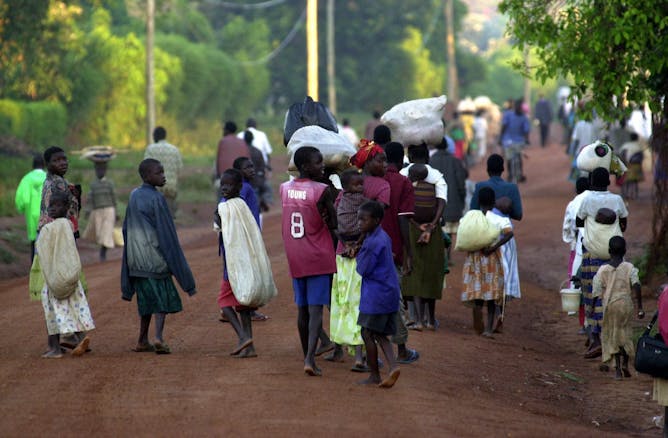
EPA/STEPHEN MORRISON
Dominic D.B. Makwa, Makerere University
Displaced by a landslide, Ugandan survivors could not speak the language of the region where they were relocated - but music allowed them a voice.
|
Health + Medicine
|
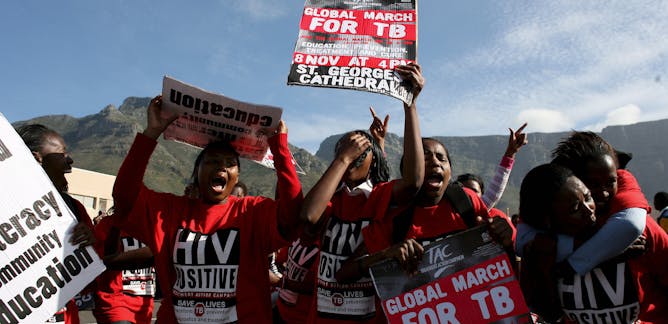
Gavin Churchyard, Aurum Institute
Obstacles to getting more people with TB treated extend beyond cost. It starts with locating people at greatest risk and expanding preventive treatment programmes.
| |
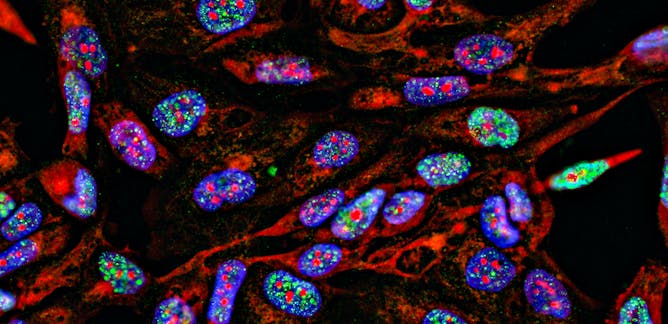
Krupa Naran, University of Cape Town; Dharanidharan Ramamurthy, University of Cape Town; Neelakshi Mungra, University of Cape Town; Prof. Stefan Barth
There is a need to move from conventional cancer treatments to more targeted and personalised therapies.
|
|
|
From our international editions
|
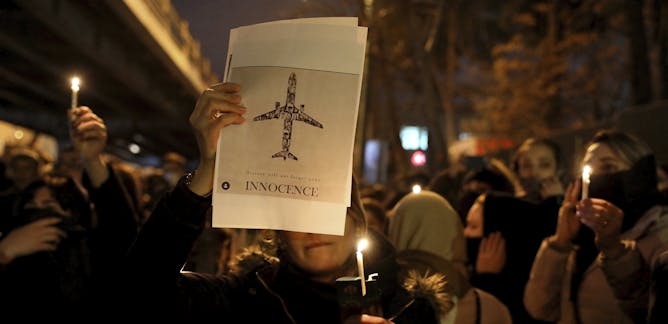
Michael J. Armstrong, Brock University
The downing of Flight PS752 suggest Iran’s missile technology has grown increasingly sophisticated. But its ability to responsibly control that technology has not.
| |
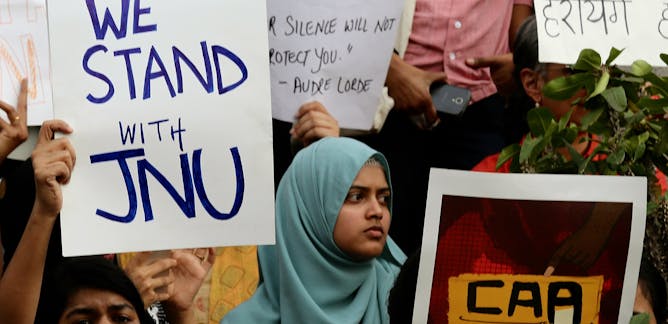
Shalini Sharma, Keele University
A history of Jawaharlal Nehru University, and why its students are fighting to protect the radical roots of its founding ethos.
|
|
|
En Français
|
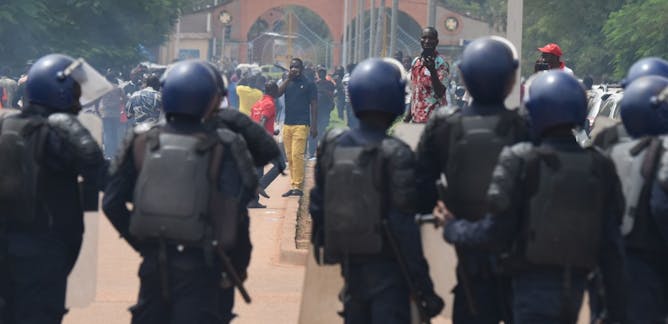
Mahamoudou Savadogo, Université Gaston Berger
La prolifération des groupes armés terroristes issus des périphéries du Burkina Faso s’explique, en grande partie, par la déliquescence d’un État perçu, très souvent, comme illégitime.
| |
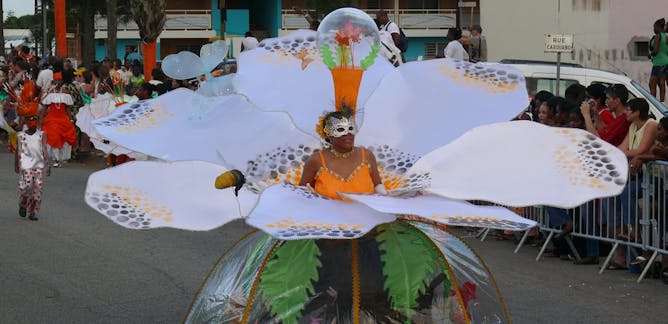
Isabelle Hidair-Krivsky, Université de Guyane
Le carnaval de Guyane en lissant ses spécificités sociales et politiques met de côté tout un pan de la population.
|
|
|